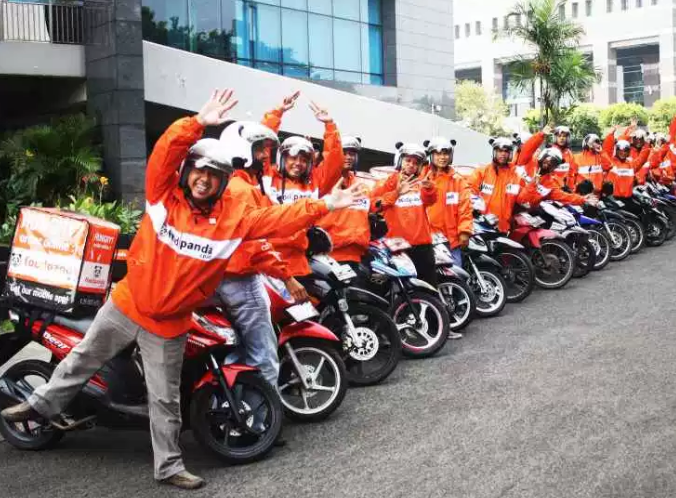Every week we track the business, tech and investment trends in CPG, retail, restaurants, agriculture, cooking and health, so you don’t have to.
Last week’s top story is the continuation of the Hampton Creek buyback scandal. The SEC in now investigating whether the vegan mayo maker broke the law by not disclosing that it was purchasing its own product from stores to boost sales numbers.
Other headlines include: Civil Eats’ deep dive into whether the recent flurry food startup mergers and acquisitions will actually help democratize good food and Monsanto’s plan to launch an open data platform for agtech startups and farmers.
Check out our weekly round-up of last week’s top food startup, tech and innovation news below or peruse the full newsletter here.
Our newsletter is the absolute easiest way to stay on top of the emerging sector, so sign up for it today and never miss the latest food tech and innovation news and trends, Already signed up? Share the love with your friends and colleagues!
_______________
1. Can Small Food Brands Scale Up Without Selling Out? – Civil Eats
Do the $116B in food startup mergers and acquisitions last year mean better food for the masses or just more consolidation in the marketplace.
2. Hampton Creek’s Mayo Buybacks Prompt Inquiry By The SEC – Bloomberg
The SEC is looking into whether the startup broke the law by not disclosing that it was buying its own product from stores, which made the product appear to be more successful than it was.
3. Will Consumers Embrace Animal-Free Milk Perfect Day? – Food Navigator
Perfect Day’s “milk” is made from fermenting yeast. Food Navigator speaks with three experts on whether consumers will get behind its cruelty-free, sustainable ethos or be wary of milk made in fermentation tanks.
4. From Printer To Plate: How Might 3D Food Printing Transform the Grocery Store? – Big Think
Grocery stores of the future may embrace 3D printed food by including print and pick-up custom meals, hiring in store food software designers and filling store aisles with food cartridges.
5. Indonesia: Foodpanda Is Selling Its Indonesia Business And Rethinking The Rest Of Southeast Asia –TechCrunch
Its Indonesia arm is for sale for less than $1M. Aiming to reach profitability, the food delivery startup’s move follows the recent sale of its Vietnam business and the attempted sale of its India business.
6. What Do Monsanto’s Plans to Open Up its Digital Platform Mean for the Agriculture Industry? – AgFunderNews
Monsanto wants to build an open platform for agtech service providers to sell their wares and for farmers get access to valuable data. AgFunderNews chats with Monsanto about how it will work and its implications for the future of farming.
7. You Say “CSA,” I Say “Food Hub” – New Food Economy
Recent debates over the ethos and terminology of CSAs and food hubs missed a key step: what do these terms even mean? New Food Economy explores how the two models work and why we need both to grow our local food systems.
8. Cities Hire Food Systems Experts To Address Obesity, Food Access – Civil Eats
At least 22 cities in the U.S. have created leadership roles for change-makers focused on food. As more of these positions appear, it may be a sign that cities are beginning to see food in a new holistic light.






